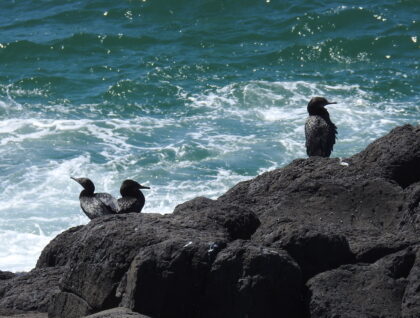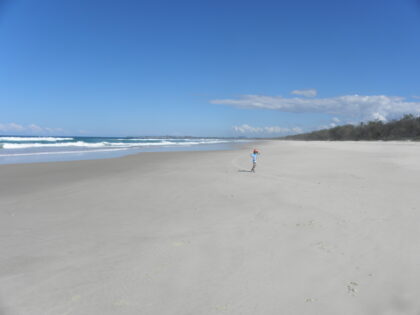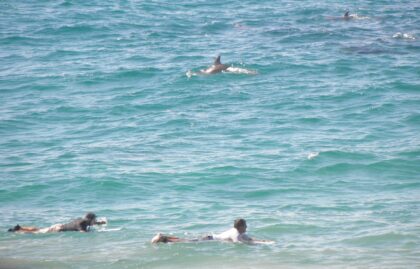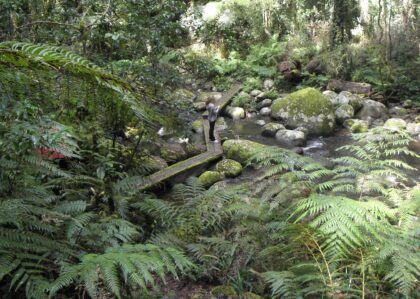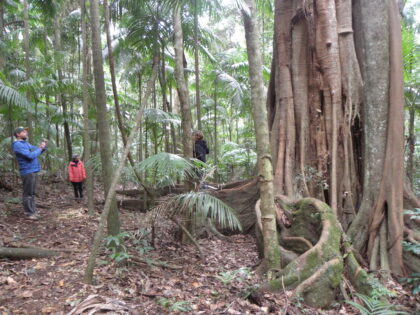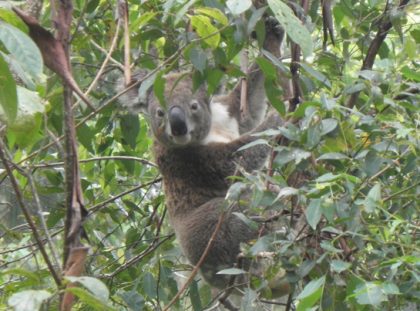Wild Tails: the Value of Story-telling
and other Quality Interpretation in Wildlife Tourism
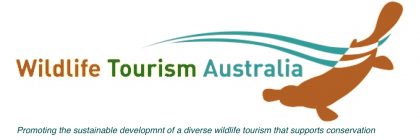
Tuesday to Thursday 5-7 November 2024
Hybrid: join us virtually or in person
*** Registration and call for papers now open – see details! ***
Online and at North Star Holiday Resort, Hastings Point, northeastern New South Wales, Australia (easily reached by bus from the Gold Coast airport)
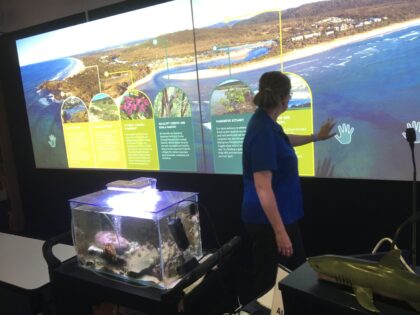
Presentations and discussions (3 days), plus pre-, mid- and post-conference excursions.
Registration and call for papers now open!
Registration details: https://www.wildlifetourism.org.au/registration-wildlife-tourism-australia-conference-2024/.
Earlybird discount ends 30 May
Call for papers: https://www.wildlifetourism.org.au/call-for-papers-wildlife-tourism-conference-2024/
If you are interested in presenting, either in person or online, but not yet ready to send an abstract or register for the conference, please help our planning process by sending an Expression of Interest soon and letting us know what topic you would like to talk about (or display a poster on)
A detailed report will be published on this website after the conference, as was done for our 2022 event
Contact the chair for any queries
What is Interpretation?
From Merriam-Webster Thesaurus: “to make plain or understandable.”
They elaborate that “Some common synonyms of interpret are elucidate, explain, explicate, and expound. While all these words mean “to make something clear or understandable,” interpret adds to explain the need for imagination or sympathy or special knowledge in dealing with something.
Nature Interpretation
A traveller arrives at a new destination. Before him is a stretch of woodland with many inhabitants: small furry creatures with a bizarre love-life, feathered ones with amazing architecture skills, plants with intriguing ways for attracting pollinators, and some are tiny but beautiful insects. The geological history that made it all possible is quite a story in itself. But the traveller sees only a stretch of smallish trees with some hills in the background, takes a few photos, and leaves without ever knowing what was there.
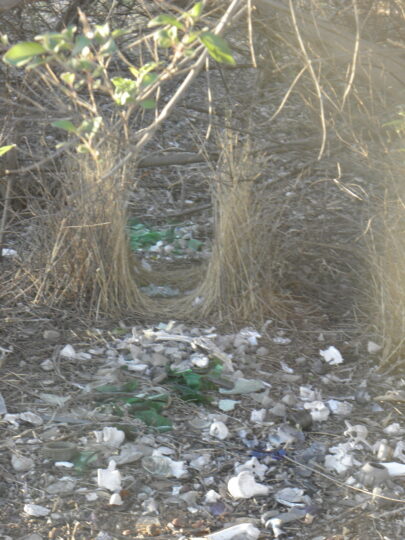
I used to visit Glacier Rock TeaHouse south of Adelaide. An ancient glacier (yes, Australia did once have glaciers) had lifted a huge granite boulder while passing through Visitor Harbour and dumped ere in soft sediments. Visitors can now see it easily in the creek bank, all these 500 million years later, as well as scratch marks on nearby rocks from the glacier slowly moving over tham. But most visitors called in, had a cup of tea/coffee and snack and left again without any idea of what was sitting there beneath them. That always seemed a shame.
I’ve been on wildlife tours in various countries where animals have been pointed out and named, everyone gets a photo and we move on without any new insights into the behaviour or ecology or conservation needs of the animals we’ve just seen. I’ve been on other tours with excellent guides, where I came to know and understand a lot more about all the species we encountered and how they fit into the ecosystem.
Tourists vary hugely in their desire to learn. Some ask questions about almost everything, while others just want a few photos to show friends. But there are ways of making things interesting even for those who don’t initially feel the need to learn.
Why should we want tourists to learn about wildlife?
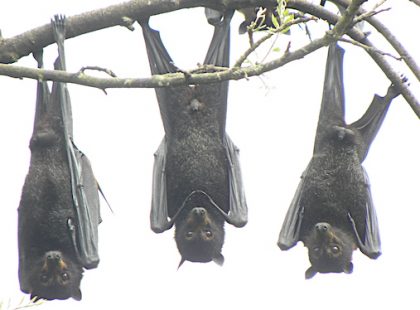
- we (as guides or ecolodge managers or zoo-keepers) are ourselves entranced by the wildlife we’re showing people, and enjoy sharing our enthusiasm
- if people understand more about the animals they may better understand why they should behave in certain ways to avoid disturbing them, and also support conservation efforts of others
- if we can “hook” visitors with interesting stories and information about the animals it can enhance their satisfaction with the whole tourism experience and more likely return or recommend to friends
- it may open up whole new words for the traveller, who will start to see how fascinating nature can be, and develop a whole new hobby while traveling and even after returning home
- it can add to the knowledge of amateur naturalists, ecology students, biology lecturers, nature journalists and others – and suggest to them further possibilities for research, writing and other wildlife-based activities.
Topics for this conference:
- How do we best design interpretive experiences for a variety of visitors – different age groups, levels of interest or prior knowledge, different levels of understanding of the language spoken by the guide, different cultural backgrounds etc.?
- How can we awaken interest in the “forgotten fauna”: reptiles, insects, rat-like mammals, small brown birds etc. with interesting behaviours or important ecological roles?
- What are the best ways to use story-telling to capture interest and also impart some important or fascinating information?
- How can we best guide our visitors’ behaviour for minimal-impact viewing?
- Different methods of interpretation: face-to-face guiding, self guided nature trails, interpretive signage in zoos or wilderness areas, apps, websites, virtual reality etc
- What to avoid when giving out information (e.g. don’t make things easy for poachers) or opinions (e.g. clarify the difference between fact and opinion, examine your own possible biases).
- Anything else of relevance to interpreting wildlife and their habits to visitors.
Keynote speakers
This page will be progressively added to as speakers are confirmed:
The Venue: conference and accommodation
Online delegates are very welcome but will miss out on our lovely venue, North Star Holiday Resort, Hastings Point.
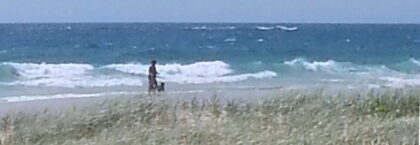
North Star Holiday Resort is just across the road from a walk through the trees to a long stretch of white sandy beach fringed with native woodland.
Accommodation ranges from camping to self-contained villas wth spa baths.
The resort is offering discounts for delegates:details soon.
Choose from:
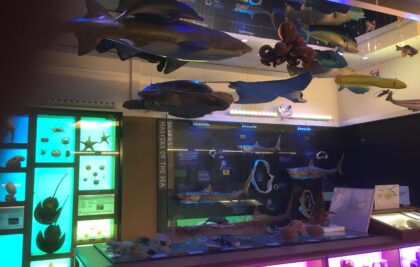
Incorporated into the resort is a very impressive facility: the Marine Discovery Centre, a great example of nature interpretation for tourists, school groups and others, with many different styles of passive viewing or interactive displays. It was started by environmentalist Ted Brambleby and teacher Kerrie Trees many years ago (read their story here) and more recently expanded with a substantial grant.
Our field trips will also offer local birdwatching in forest and wetlands, koala habitat, subtropical rainforests and other delights, with of course expert interpretation.
The resort offers several levels of accommodation at very reasonable prices, and there other possibilities nearby.
Registration and call for papers
Registration details can now be seen at https://www.wildlifetourism.org.au/registration-wildlife-tourism-australia-conference-2024/. Earlybird discount open till 31 May
Call for papers is also open. : https://www.wildlifetourism.org.au/call-for-papers-wildlife-tourism-conference-2024/
If you have any questions, please contact chair@wildlifetourismaustralia.org.au
The region
A few photos of northern New South Wales (courtesy of Araucaria Ecotours). Some of or pre- and post-conference tours may take you there.
